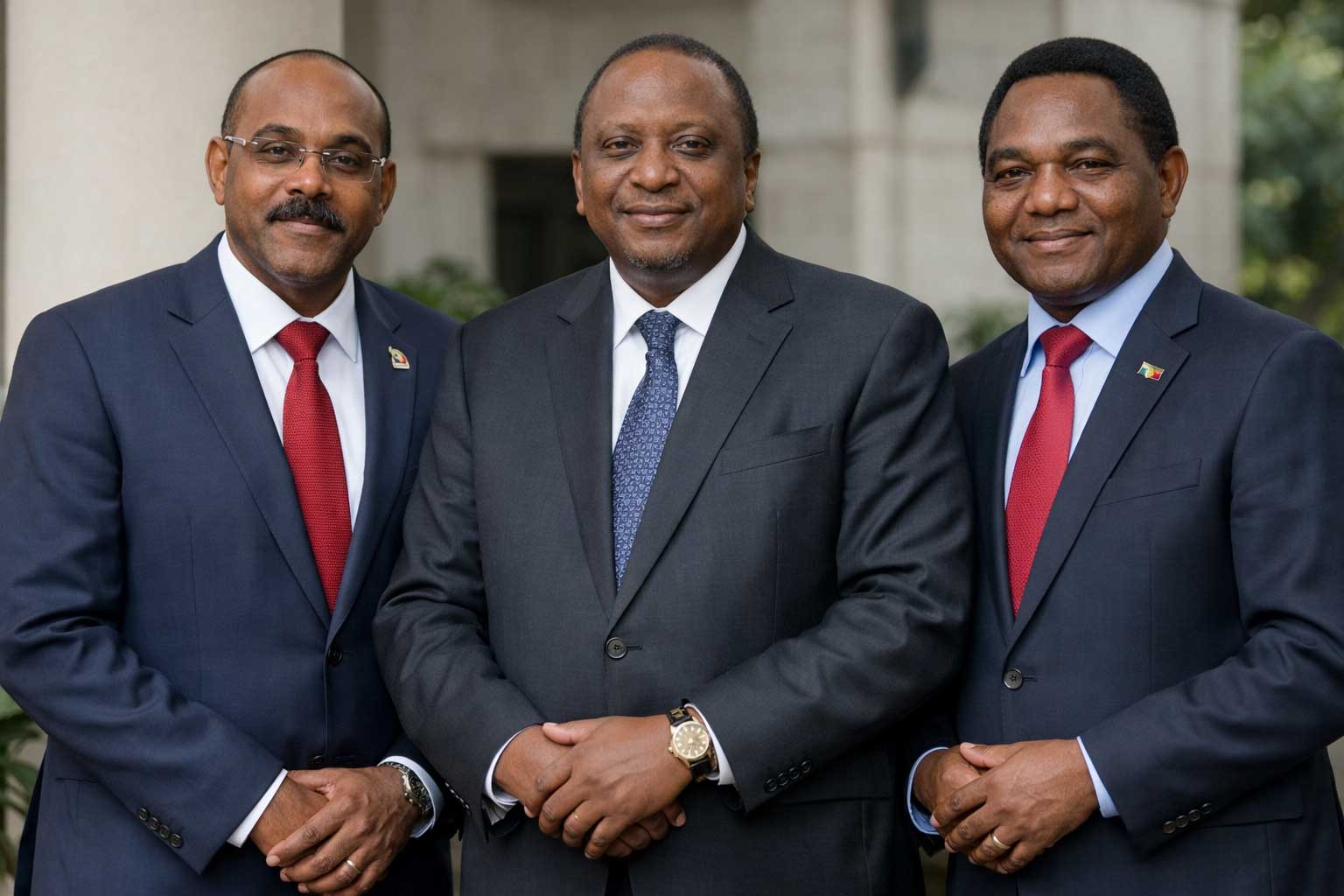In a shocking development, lifesaving health initiatives across the globe have been significantly affected after the Trump administration implemented a temporary halt on foreign aid. This 90-day suspension has left numerous health programs without the necessary funding to continue their critical services, leading to a widespread interruption of medical assistance in vulnerable regions.
In Uganda, the National Malaria Control Program has been forced to halt its operations, including the spraying of insecticides in homes and the distribution of bed nets, which are vital in protecting pregnant women and young children from malaria, as stated by Dr. Jimmy Opigo, the program's director. Meanwhile, in Zambia, essential medical supplies, such as life-saving drugs for pregnant women and rehydration salts for children suffering from diarrhea, are stuck due to logistical disruptions in supply chains linked to U.S. Agency for International Development (USAID) funding.
The consequences extend beyond immediate medical aid. Dozens of clinical trials spanning continents have been abruptly suspended, leaving thousands who were part of these studies without access to critical treatments and the research teams that were monitoring their care. The situation paints a disturbing picture, as researchers and healthcare professionals struggle to come to terms with the rapid decline of efforts they’ve dedicated decades to build.
In interviews with over 20 health workers, many expressed their profound despair over what they describe as the dismantling of essential health services that took years of hard work and dedication to establish. The fear of reprisals has forced many to speak anonymously, further underscoring the precarious situation faced by health advocates in these regions. The emotional toll of watching valuable health systems crumble has led some to tears as they reflect on the profound impact this funding pause has on the communities reliant on these vital services.
As the pause continues, concerns grow about a potential resurgence of preventable diseases in regions already grappling with health challenges, emphasizing the crucial role of continuous support and collaboration in global health efforts.
In Uganda, the National Malaria Control Program has been forced to halt its operations, including the spraying of insecticides in homes and the distribution of bed nets, which are vital in protecting pregnant women and young children from malaria, as stated by Dr. Jimmy Opigo, the program's director. Meanwhile, in Zambia, essential medical supplies, such as life-saving drugs for pregnant women and rehydration salts for children suffering from diarrhea, are stuck due to logistical disruptions in supply chains linked to U.S. Agency for International Development (USAID) funding.
The consequences extend beyond immediate medical aid. Dozens of clinical trials spanning continents have been abruptly suspended, leaving thousands who were part of these studies without access to critical treatments and the research teams that were monitoring their care. The situation paints a disturbing picture, as researchers and healthcare professionals struggle to come to terms with the rapid decline of efforts they’ve dedicated decades to build.
In interviews with over 20 health workers, many expressed their profound despair over what they describe as the dismantling of essential health services that took years of hard work and dedication to establish. The fear of reprisals has forced many to speak anonymously, further underscoring the precarious situation faced by health advocates in these regions. The emotional toll of watching valuable health systems crumble has led some to tears as they reflect on the profound impact this funding pause has on the communities reliant on these vital services.
As the pause continues, concerns grow about a potential resurgence of preventable diseases in regions already grappling with health challenges, emphasizing the crucial role of continuous support and collaboration in global health efforts.





















